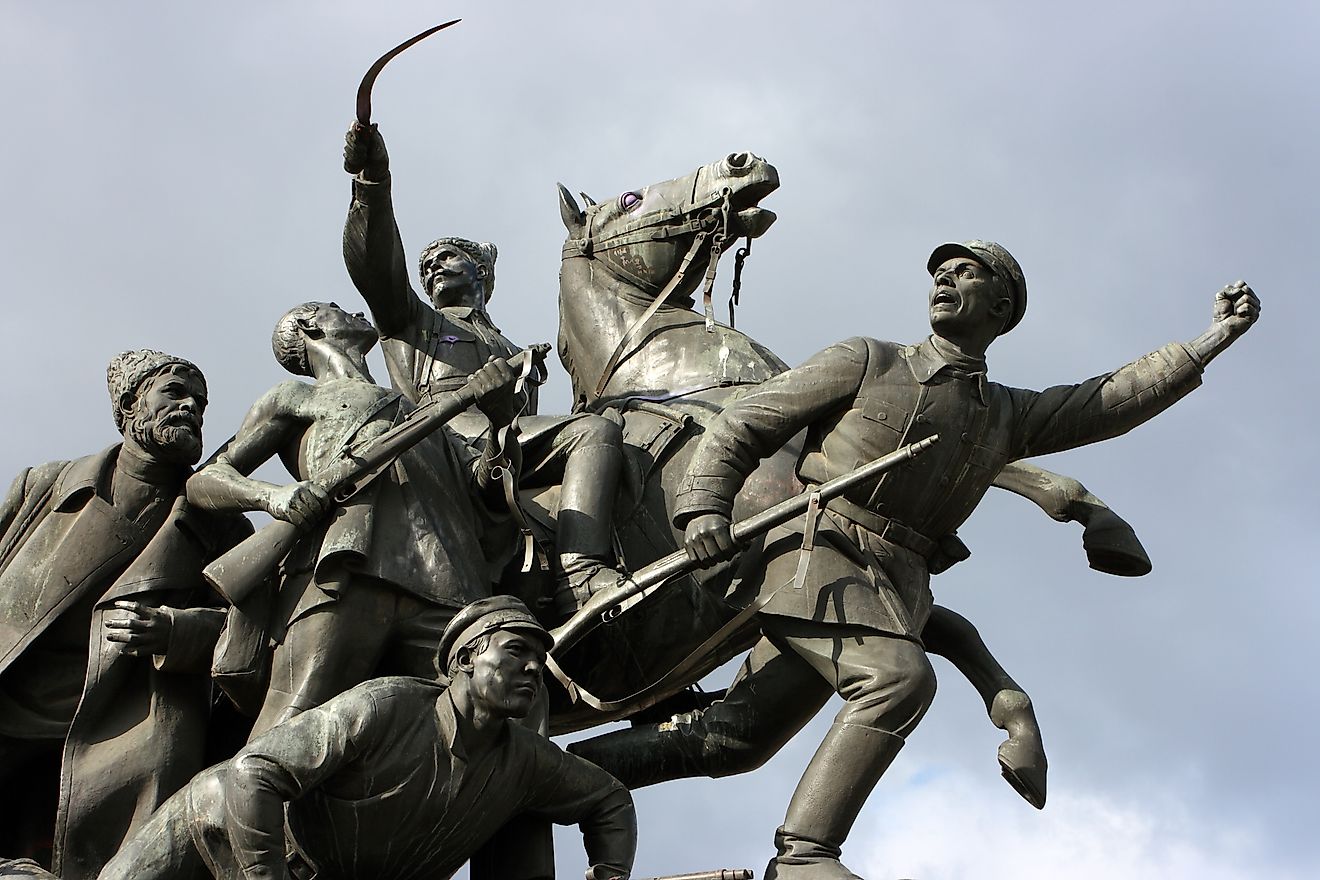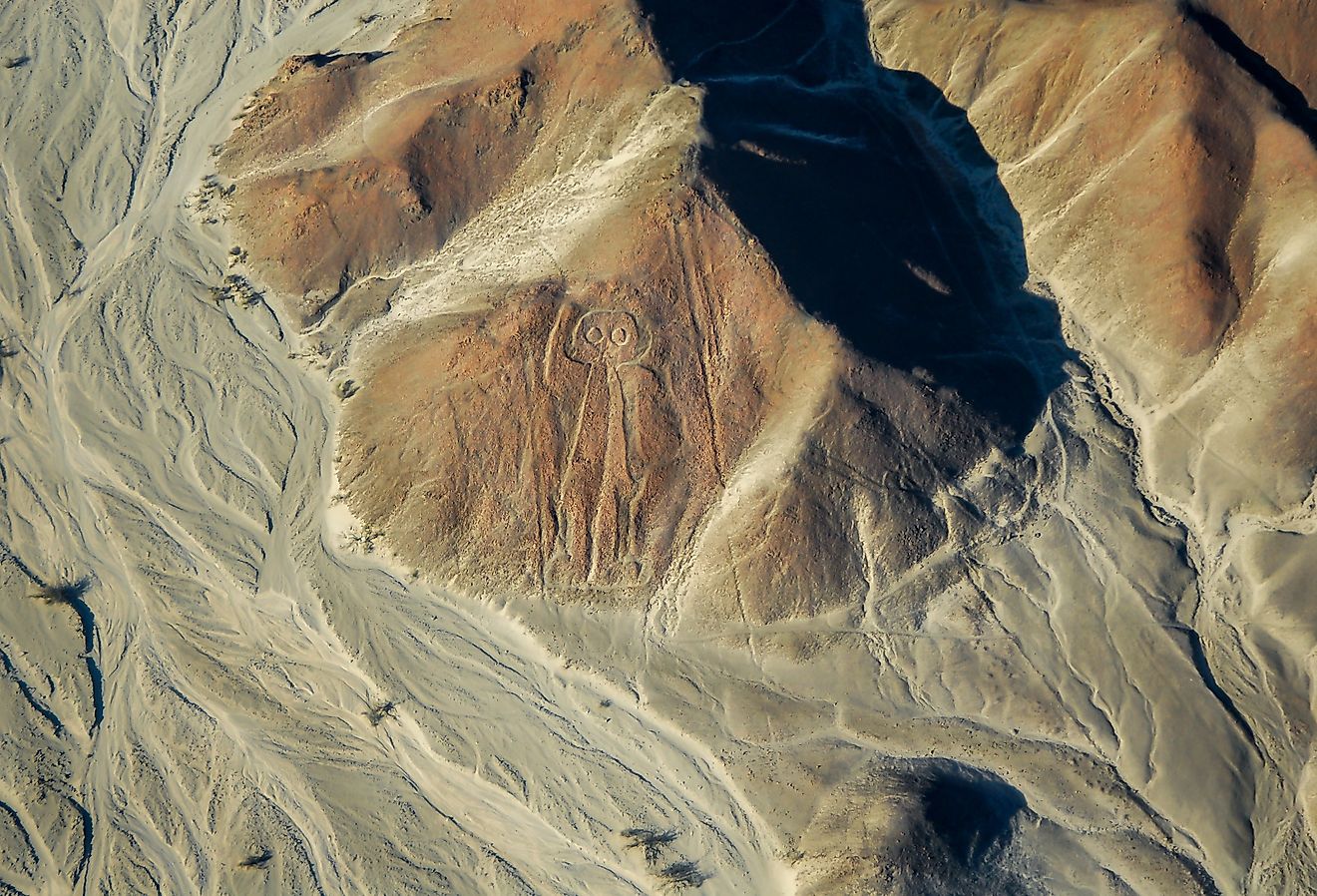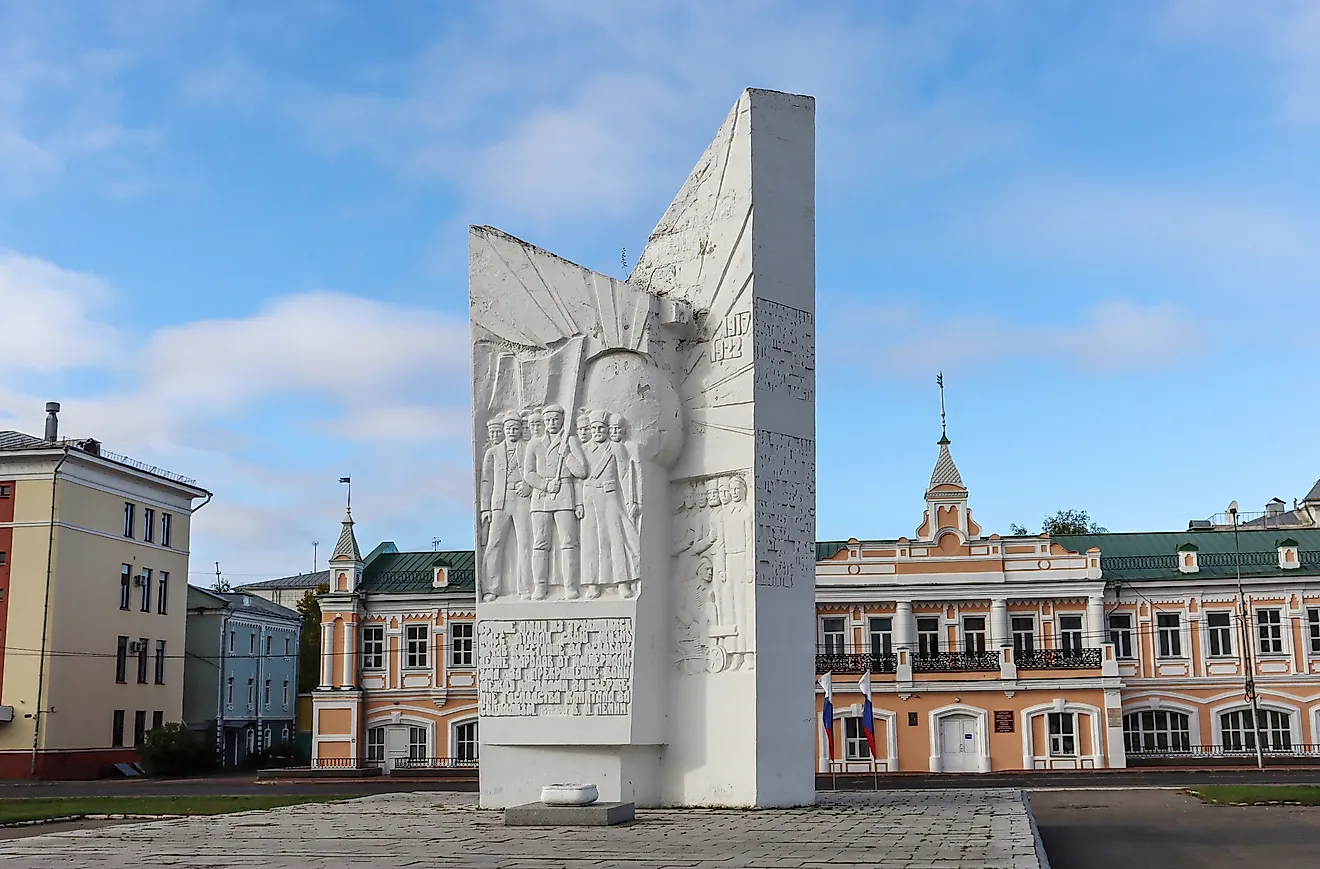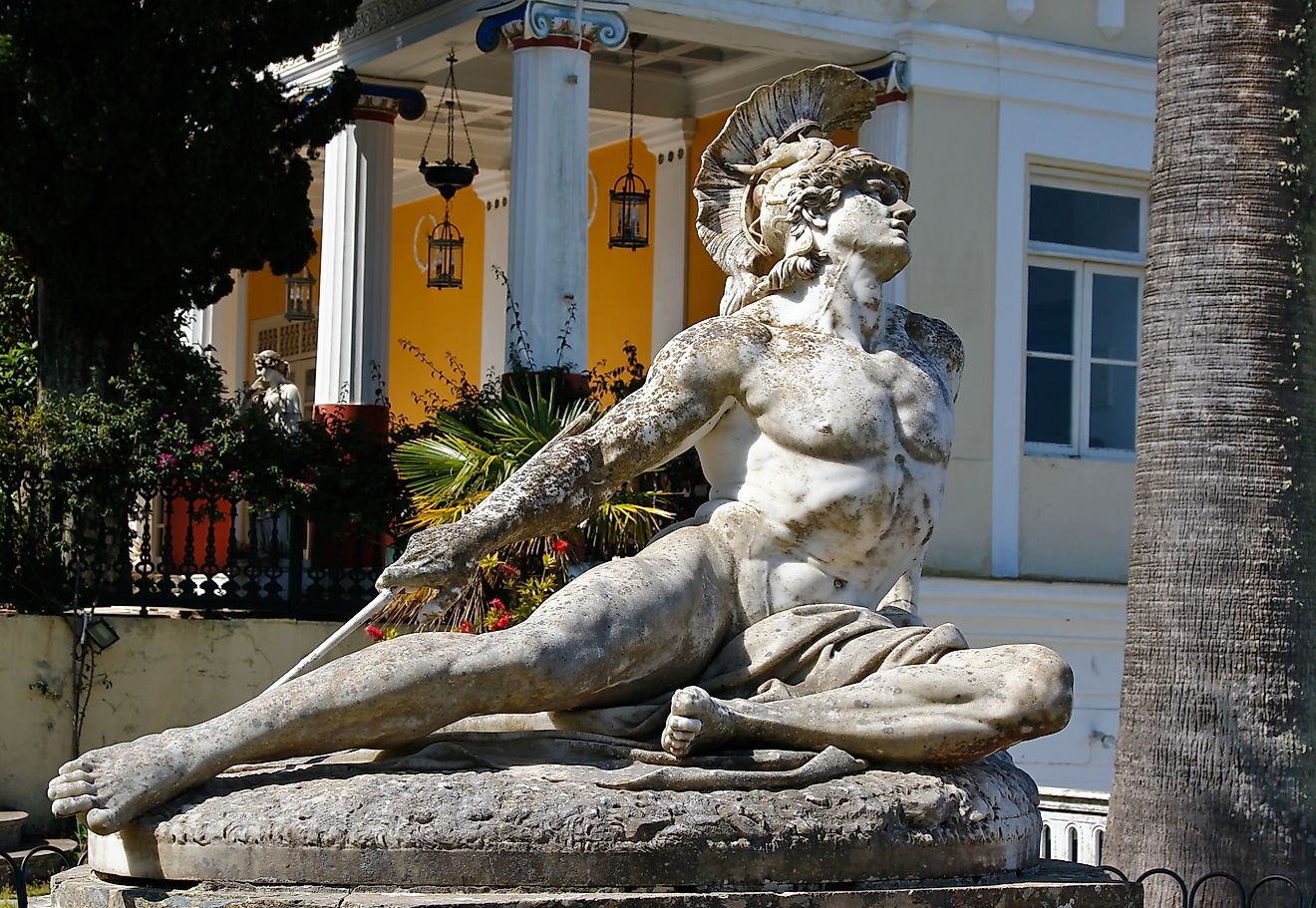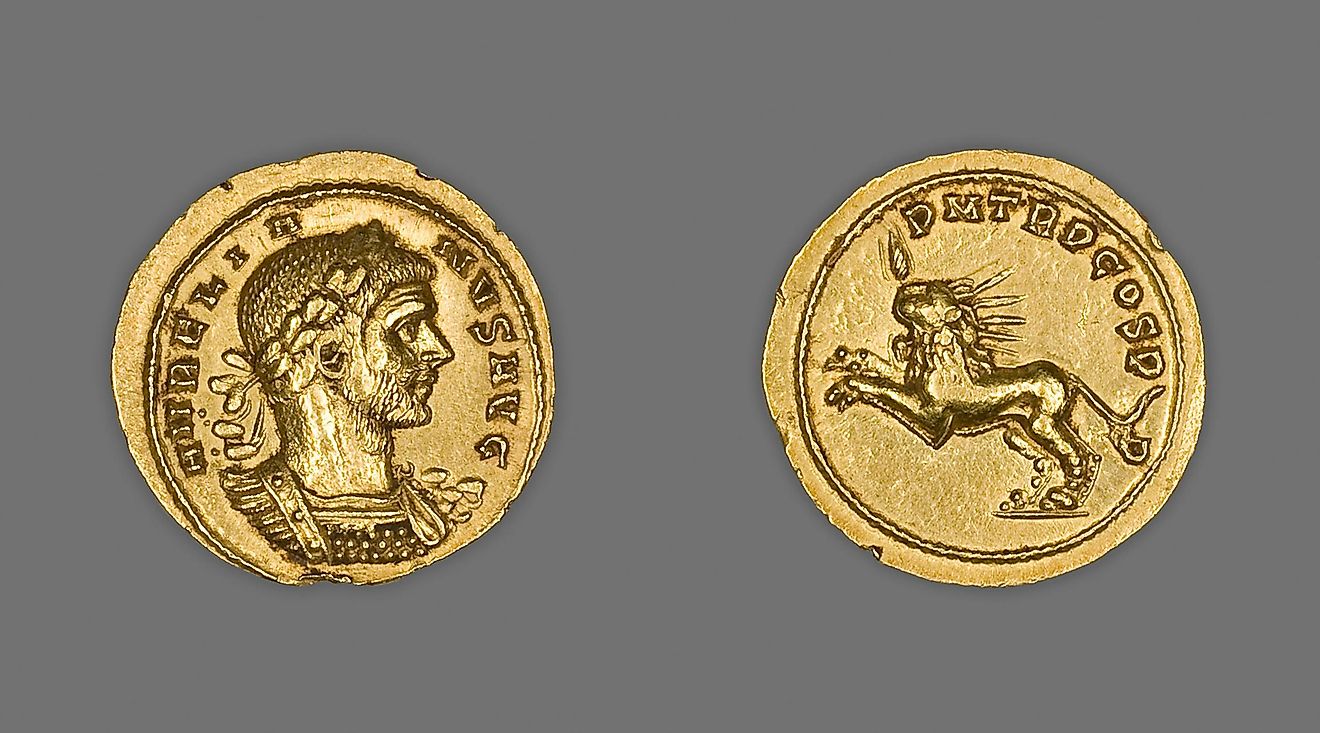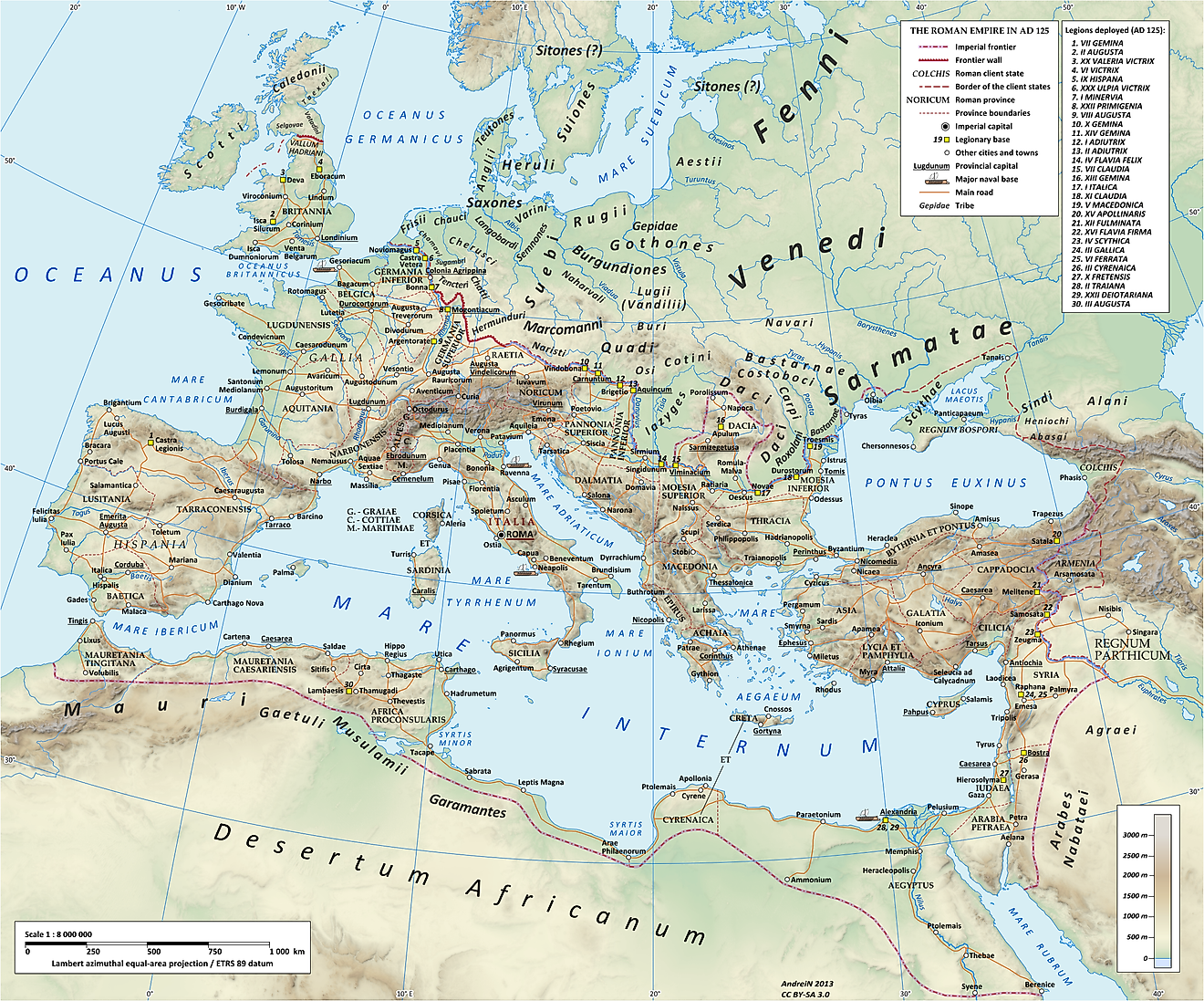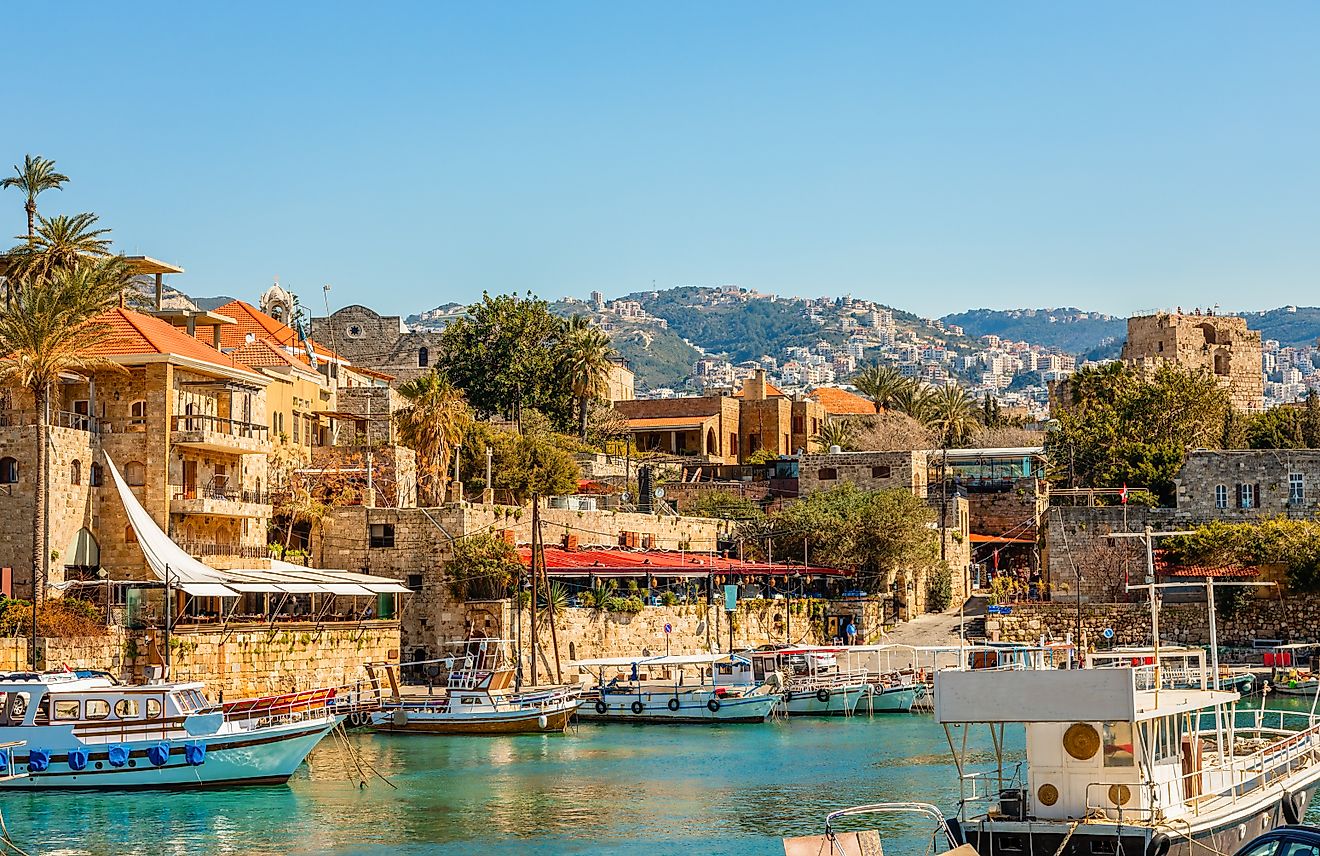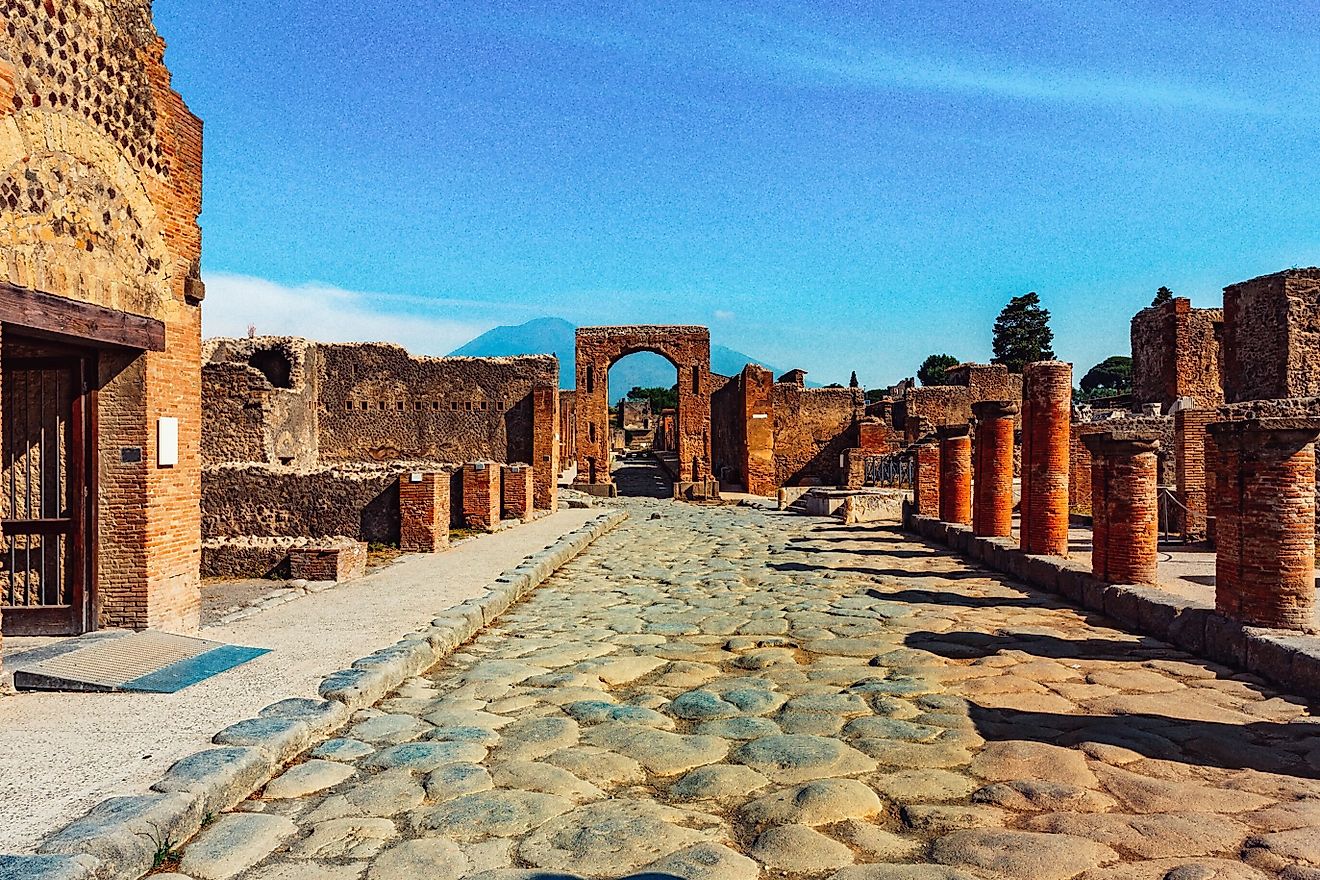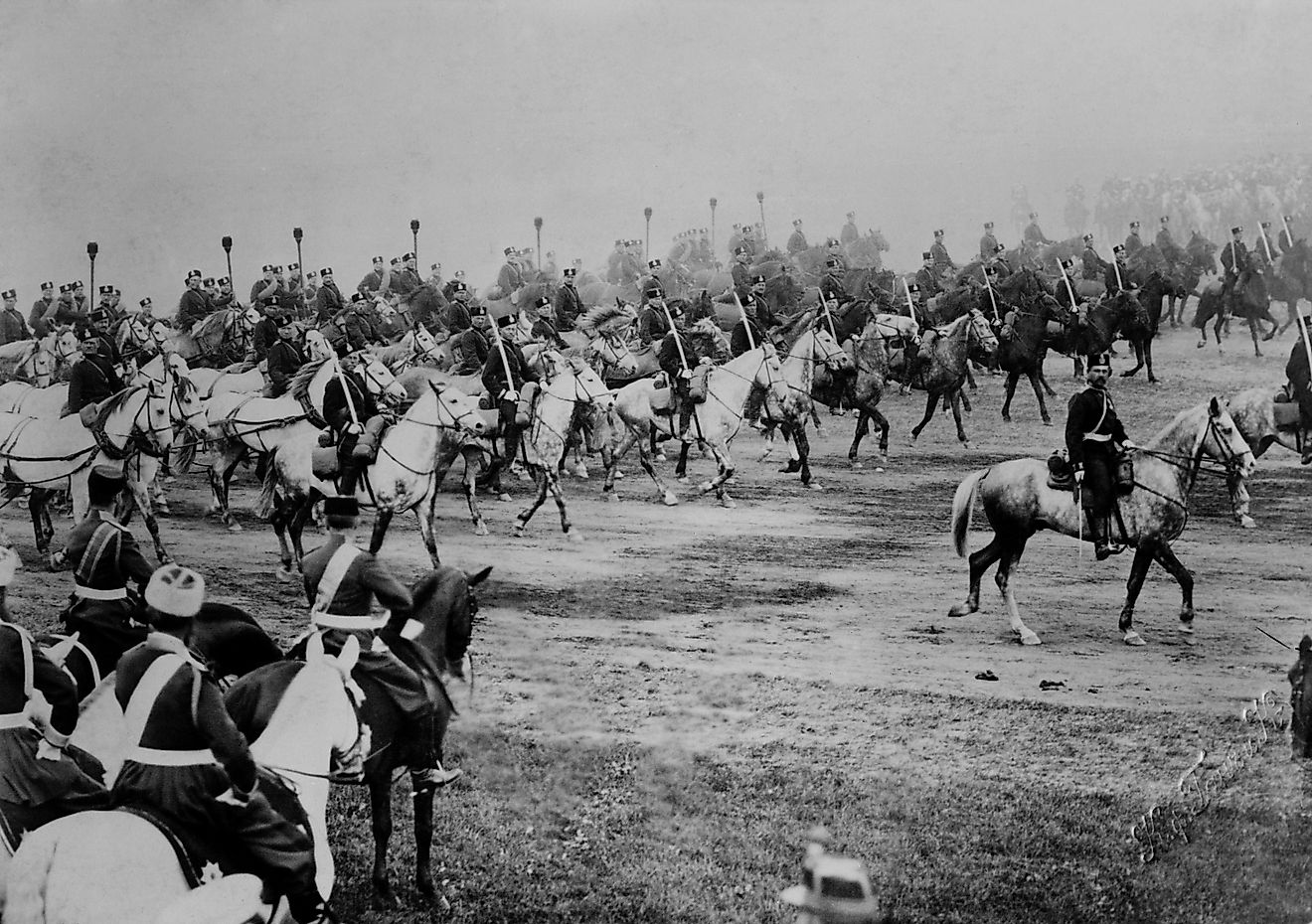
The 7 Greatest Ancient Greek Cities
Ancient Greece, the cradle of Western civilization, stands as an enduring testament to human ingenuity, spirit, and culture. Its ideas and accomplishments span many disciplines, from the democratic institutions that lay at the heart of its polities to the timeless artistry of its poets, playwrights, and sculptors. However, the magnificence of Ancient Greece is not just in its ideas but in its cities—urban marvels that reflected the ideals and aspirations of their inhabitants. Of the multitude of cities that once thrived, seven, in particular, stand out for their unparalleled contributions to the annals of history. These cities not only encapsulated the essence of Greek civilization but also helped shape the course of history in myriad ways.
Athens

In the chronicles of history, Athens stands out as the vibrant cradle of democracy, philosophy, and the arts. Located in the heart of Attica, this iconic city pulsated with intellectual fervor and unparalleled artistic expression, especially during its golden age in the 5th century BCE. The city's past finds its most vivid representation in the Acropolis, crowned by the grandeur of the Parthenon. This edifice, a symbol of Athenian glory, has withstood the test of time. Fast forward to the present, and Athens continues to hold its esteemed position, serving as the lively capital of Greece. As you walk its streets, the blend of modern dynamism and the echoes of its storied past create an atmosphere of timeless charm.
Sparta

Sparta, famed throughout history, carved its niche primarily through unparalleled military ability. It maintained an unwavering focus on martial superiority, setting it apart from other cities in its priorities and culture. At the heart of this warrior society was the agoge, a rigorous training regimen that molded young Spartans into formidable fighters, ensuring they were ready to defend their homeland with unmatched ferocity. From the age of seven, boys were removed from their homes and underwent intensive military training until they reached 30. Men in ancient Sparta were expected to be ready to serve until the age of 60.
While Sparta's philosophical and artistic contributions might not have matched the opulence of some of its contemporaries, it still has significant landmarks. Among them, the ancient theater and the Temple of Artemis Orthia stand out, bearing witness to the city's cultural pursuits beyond warfare. Today, near the relics of this once-mighty city-state lies in modern-day Sparti in the Peloponnese.
Corinth

Corinth, strategically located between the Aegean Sea and the Gulf of Corinth, has always commanded attention for its prime location. This useful position catapulted it into becoming not just a hub for traders but also a significant powerhouse in its day. In terms of architectural marvels, Corinth boasts the majestic Temple of Apollo and the imposing Acrocorinth fortress. These structures offer a glimpse into the city's cultural and defensive priorities. Today, the spirit of ancient Corinth lives on. The modern city of Corinth continues the legacy of its predecessor. The canal, in particular, stands as a testament to its enduring commercial vitality, facilitating trade and serving as a vital link between seas.
Thebes

Thebes, a Central Grecian city, stood as a formidable rival to Athens, both in political influence and military prowess. Its reputation was enhanced by the famed Sacred Band, an elite male fighting unit that became synonymous with bravery and skill in battle. Thebes didn't merely exist in the shadows of more famous city-states; it actively shaped the course of events, playing crucial roles in many Greek wars and influencing the broader political landscape of the time.
A lasting symbol of its once-mighty status can be seen in the ruins of the Cadmea, the city's ancient citadel. This stronghold stands as a testament to Theban architectural and defensive achievements. Today, while the dominance of ancient Thebes may have waned, its legacy endures. Modern-day Thebes has emerged as an important archaeological site, drawing scholars and enthusiasts alike.
Delphi

Delphi, renowned as the abode of the Oracle, held a profound place in the hearts and minds of ancient civilizations. Leaders, philosophers, and commoners alike embarked on arduous journeys to this sacred ground, all in search of divine guidance and wisdom from the Oracle. Its spiritual significance was mirrored by its grand structures, among which the Temple of Apollo and the ancient theater shine prominently. These landmarks encapsulate the essence of Delphian artistry and devotion.
Transitioning from its ancient prominence, today's Delphi has transformed into an archaeological treasure trove. The whispers of ancient rituals, prophecies, and gatherings still echo through its ruins. Every year, thousands of visitors traverse its grounds, each seeking a personal connection to its rich and mystical history, ensuring Delphi's tales continue to inspire and captivate.
Olympia

Olympia carries a legacy that reverberates across time. It is celebrated globally as the birthplace of the Olympic Games, a testament to the human spirit's thirst for excellence and competition. But Olympia was more than just a venue for athletic contests; it was a revered sanctuary dedicated to Zeus, the king of the Greek gods.
In its prime, it served as a beacon of Pan-Hellenic unity, drawing individuals from distant city-states to come together in celebration and worship. Dominating the architectural wonders of this sacred land stands the Temple of Zeus. Inside this temple once lived the Statue of Zeus, an awe-inspiring masterpiece considered one of the Seven Wonders of the Ancient World. In contemporary times, while Olympia no longer thrives as a bustling city, its archaeological site draws a global audience. Athletes, historians, and curious travelers alike embark on pilgrimages here, eager to touch a piece of its storied past and everlasting legacy.
Ephesus (Anatolia)

Situated in the region of Anatolia, Ephesus is a testament to the blending of cultures and the shifting tides of power in ancient times. While its roots are deeply Anatolian, its significance in Greek history cannot be understated, particularly during the reign of Alexander the Great.
Under his leadership, Ephesus flourished, adopting and enhancing the Hellenistic way of life. Among its sprawling streets and grand edifices, two structures particularly command awe and respect: the Library of Celsus and the Temple of Artemis. The latter, celebrated as one of the Seven Wonders of the Ancient World, epitomized the architectural and cultural zenith of the city.
Today, within the borders of modern-day Turkey, Ephesus has been recognized by UNESCO as a World Heritage Site. This ancient city continues to mesmerize, drawing in thousands of history enthusiasts, archaeologists, and travelers every year, all eager to walk its storied paths and relive its glorious past.
In Summary
To study these seven cities is to embark on a journey through the heart of Ancient Greece. Their stories, etched in stone and memory, serve as a potent reminder of the indomitable spirit of the Greeks. Whether it's the urban planning of Athens that inspires modern city designs or the Olympic spirit from Olympia that resonates even today, these cities are a testament to a civilization that, though ancient, is forever young in its legacy.
